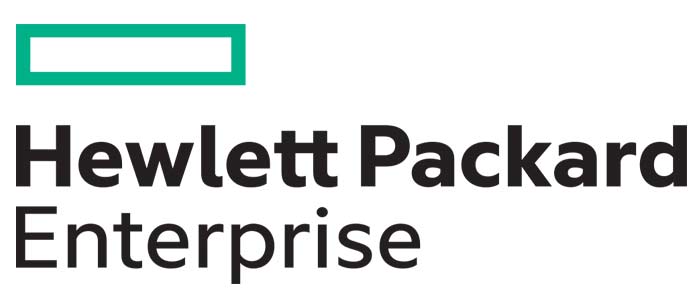
Hewlett Packard Enterprise and Intel Launch Centre of Excellence (CoE)

Today Hewlett Packard Enterprise (HPE) India, in alliance with Intel India, announced the launch of a Centre of Excellence (CoE) in Bengaluru that will help demonstrate High Performance Computing (HPC)-as-a-service for customers. The CoE will also enable research institutions and academia to test their applications on the latest HPC platform innovations from HPE, enabled by Intel technologies, and accelerate HPC adoption in India. Customers also can access this infrastructure remotely through a cloud-driven model that can be replicated in their datacenters.
In India, research institutions and academia are increasingly adopting HPC to accelerate adoption of big data analytics, simulations of complex processes and large-scale research projects. Additionally, HPC will play a key role in the Indian Government’s proposed National Supercomputing Mission (NSM), which aims to create a grid of seventy plus supercomputers connecting various academic and research institutions across the country to help develop applications of national relevance.
At the HPE-Intel CoE, customers can access the latest purpose built HPE Apollo platforms and solutions from HPE together with technologies from Intel to validate their application stacks on industry leading infrastructure. The CoE will facilitate the on-boarding and training of new users and developers and enable experienced developers to hone their ability to leverage parallelism and vectorization capabilities in the latest Intel CPUs.
The CoE’s HPC infrastructure leverages all elements of Intel’s Scalable System Framework and is based on the HPE Apollo 2000 and 6000 server platforms that are purpose built for HPC and deliver extreme performance, scale and efficiency. These platforms are uniquely configured to optimize compute density and performance and contain the latest generation Intel® Xeon® processors, Intel® Xeon Phi™ x200 processors, and Intel® Omni-Path interconnect technology. The storage infrastructure is provisioned through HPE Apollo 4520 systems that are integrated with the Intel® Enterprise Edition of Lustre*.
In addition to having access to this latest technology, customers also have access to HPE HPC engineering experts to address their most complex parallel processing challenges.
The HPC-as-a-service model allows customers to request computing power online through a self-service portal where the inventory of configurable infrastructure is available for customers to select and form compute clusters to run their applications. This cloud-based model allows for agility in provisioning the compute power and efficiency of automation without operational delays.
“There is a growing need amongst research and academic institutions for high levels of computational power to process large volumes of data, solve highly complex mathematical problems, and repeat calculations for multiplicative situations,” said Vikram K, Director, Servers, HPE India. “The HPE-Intel CoE, with the HPE Apollo portfolio and Intel technologies demonstrates our commitment to deliver the best tools, manpower, expertise, and now HPC-as-a-service. The CoE provides a great opportunity to engage with our customers and better understand their HPC requirements.”
“Enterprises large and small are grappling with the growing challenges of increased model complexity and data sizes. Combining the advanced Intel technology and HPE’s systems and services, the COE will provide customers the opportunity to validate their applications on latest HPC Technologies offered under HPE’s portfolio and achieve optimized system performance & scale – while maintaining ease of programming through open standards.” said Ravi Gupta, Regional Manager, SAARC, HPE Alliance, Intel.
HPE and Intel will initially collaborate with partners such as UberCloud at the HPE-Intel CoE to showcase reference architectures for industry solutions and will further look to expand the partner base throughout 2017.
